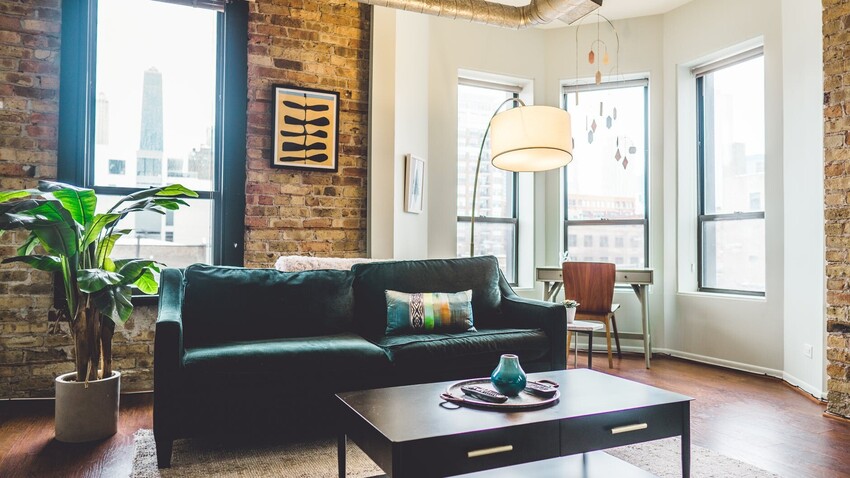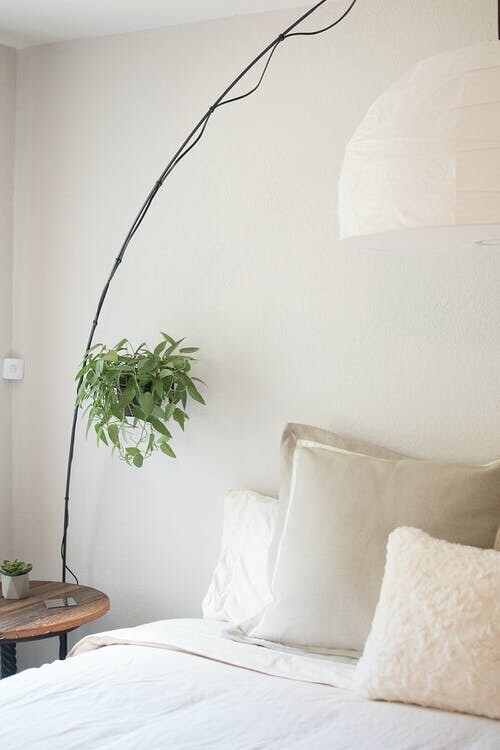VAT rate reduction - hotels and serviced apartment operators

posted 10th July 2020
Following the announcement of a six month reduction of the VAT rate on certain hospitality and tourism services to 5% for the period Wednesday 15 July to Tuesday 12 January 2021, I have set out below my comments for hotels and serviced apartment operators. This focuses on the “tourist accommodation” aspect of the reduced rate, but if you’d like some more general guidance on the services covered, please follow this link.

What accommodation services will benefit?
Accommodation benefitting from the temporary reduced rate will include hotels, inns, boarding houses and other accommodation held out for tourists or visitors. In many cases this will also include serviced apartments, assuming that these apartments are non-residential (i.e. usually subject to the standard rate of VAT as tourist accommodation). If catering is included within the supply of accommodation (e.g. bed and breakfast, half board or full board), or indeed is provided separately, this element will also receive the benefit of the temporary reduced rate.
It will not apply to other room hire services provided within a hotel, such as meeting room hire or the hire of a conference area or banquet halls.
Unfortunately, supplies of serviced apartments which qualify under the TOMS rules will remain subject to 20% on the margin. A benefit in the form of a lower purchase price may be received for those businesses which purchase the serviced apartment accommodation at the standard rate of VAT, but unfortunately sales under TOMS will not themselves qualify for the reduced rate.
I should also mention here that, where TOMS applies to sales made to the person or business using the service, it applies compulsorily. So, unfortunately, it is not possible to “opt out” of TOMS for the six month period. If the rate duration is extended (and indeed there have already been some calls to make it permanent) then businesses may wish to consider whether their services could be altered to fall outside the TOMS rules. However, this is a big “if” and we are probably getting ahead of ourselves here!

What about the long stay rule?
HMRC’s guidance has confirmed that services subject to the reduced value “long stay” rule will benefit from the reduction in the VAT rate. The long stay rule applies where tourist accommodation (such as that provided within most hotels and similar serviced apartment arrangements) is provided to the same guest for a period of more than 28 days.
Under this rule, from the 29th day onwards, the accommodation aspect is no longer taxed at the standard rate (treated similarly to a zero rated supply). Any part of the supply relating to catering remains standard rated, and any part of the supply which relates to facilities also remains standard rated. HMRC dictate that at least 20% of the service must relate to facilities. For most serviced apartment operators, the proportion of the selling price of the service which relates to facilities is rarely more than 20%. As such, most serviced apartment operators are usually required to account for 20% of the selling price at the standard rate of VAT. This is where we get the “4%” rate from – i.e. 20% of 20%.
Now that the reduced rate applies to long stay accommodation, instead of taking 20% of 20%, we will be taking 5% of 20%. This gives us an effective rate of VAT for long stays of 1% for serviced apartment operators over the period in question. Please take note of the section below on tax points though to ensure that you are timing the reductions correctly. (Of course, if catering is provided, or the value of facilities is more than 20% of the selling price, this rate will change in the same way that it would do under normal, non-reduced-rated, circumstances).
What about the Flat Rate Scheme?
HMRC's guidance has confirmed that those trading under the Flat Rate Scheme will receive a reduction to their flat rate. The Flat rate percentages will be reduced for services with tax points within the reduced rate period as follows:
- Hotels and tourist accommodation: 0%
- Catering: 4.5%
- Pubs: 1%

What do we mean by the period 15 July to 12 January?
For VAT purposes, timings are everything. When we talk about services within the period 15 July to 12 January, we mean services with a “tax point” within this period. This is not necessarily the same date as the services actually take place.
For VAT, the tax point is the earlier of:
- The date a service is performed or completed;
- The date an invoice is raised; and
- The date of payment.
However, if an invoice is raised within 14 days of this “actual tax point”, the invoice date overrides this and becomes the actual tax point. (For example, let’s say someone checks out on 31 December, payment is made on 1 January, and an invoice is issued on 13 January. The soonest date is 31 December. However, because an invoice has been issued within 14 days, the actual tax point becomes 13 January and the 5% reduced rate is missed out on).
This means that:
- Where invoices have been issued or payments made before 15 July for stays taking place between 15 July and 12 January, the 20% rate will usually apply.
- If the service has taken place and/or payment made before 15 July, but an invoice is issued within 14 days of this first tax point, and the invoice is issued after 15 July, the 5% rate will apply.
- At the opposite end, where an invoice is issued or payment received prior to 12 January, but the stay takes place after 12 January, the 5% rate will apply (but note the point on invoices being issued within 14 days too). This means there will be an opportunity for advanced bookings at the other end of the rate change.
Operators could instead opt for a special rule which allows the rate to be determined wholly by the date the service takes place. This however creates difficulties with regard to deposit payments already taken.
A key point here will be to ensure that both booking systems and billing systems recognise these changes and that the correct VAT rates are used appropriately.

Deposits and cancellations
Under the tax point rules, where a deposit is taken prior to 15 July, the payment creates a tax point for that part of the service. This means that the 20% standard rate would apply (unless an invoice is raised within 14 days and raised after 15 July). This means that different VAT rates may apply to different payments relating to the same service.
This of course creates an opportunity at the other end of the reduced rate period - a tax point at 5% can be created by issuing an invoice and.or taking payment for a service in advance. For example, if you take payment on 10 January for a booking starting on 1 April, this payment will be subject to the 5% rate (assuming an invoice is not issued between 13-24 January).
With regard to cancellations, remember here that cancellation income outside of TOMS is now taxable if it related to a service which was itself otherwise taxable. There are some interesting VAT technical points associated with this, but in broad terms cancellation income should be treated under the VAT rate applicable when payment was received/invoice issued.
Who will benefit from the rate cut?
This is a difficult question and, as is often the case for VAT queries, “it depends”! This point is in part a legal issue and in part a commercial issue so the first point is to check the contractual position:
In the VAT legislation, there is a provision which states that, where a contract is made before a rate change but the contracted supply is made after the rate change, that, unless the contract provides otherwise, the price is increased or decreased by an amount equal to the change. So, for example, if the accommodation price was agreed on 1 July but the tax point (i.e. earlier of the accommodation stay, invoice and payment date) is on 20 July, this provision applies and the reduction must be passed onto the customer.
However, where accommodation is booked after 15 July, this is not the case. Here, whether or not the reduction must be passed onto the customer will depend on the contractual terms. If your contract or price agreement states £100 plus VAT, you can't charge £120. I am not a lawyer, but would expect that if the contract /booking price says “£100 plus 20% VAT”, you would also be obliged to pass the rate change on. In these cases, only £105 can be charged.
Where there has been no mention of VAT contractually, or anywhere else within the agreement or booking price (or indeed the price is quoted as “VAT inclusive” only with no mention of the rate), then there is no obligation to pass on the rate change. This may then become a commercial decision, and of course there are arguments both ways.
I hope the information above is useful, but I appreciate that there will be many questions which may apply to your individual circumstances. If so, please do contact me at laura@vatnav.com or 07971642789.


